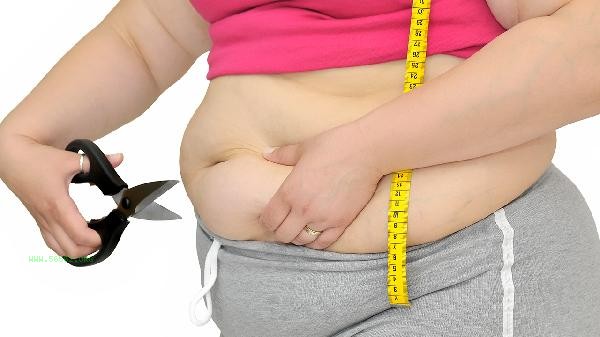Exercising immediately after eating sweets has limited effect on weight loss, and it is usually not recommended to lose weight through this method. The high sugar content of sweets may affect the energy expenditure efficiency during exercise, and excessive intake may also lead to blood sugar fluctuations and fat accumulation. The simple carbohydrates in sweet foods can quickly increase blood sugar levels, prompting a large secretion of insulin to lower blood sugar levels. When exercising at this time, the body will prioritize consuming blood sugar over fat, which affects the fat burning effect. Consuming sweets before exercise may make people feel energetic in the early stages of exercise, but this energy lasts for a short period of time and can easily lead to fatigue in the later stages of exercise. Long term dependence on sweets to provide exercise motivation may lead to calorie intake exceeding expenditure, which in turn hinders the weight loss process. Some high-intensity interval training or competitive athletes will supplement fast sugar in moderation before training to enhance explosive performance. But this approach is aimed at athletic performance rather than weight loss needs, and requires precise control of sugar intake and timing of supplementation. For the general weight loss population who want to compensate by eating after exercise, it is recommended to choose protein and complex carbohydrates, which can help muscle recovery without excessively stimulating insulin secretion.

To lose weight, it is necessary to establish a sustained calorie deficit. It is recommended to limit sweet foods to less than 10% of the total daily calories and consume them after meals to reduce blood sugar fluctuations. Before exercise, you can choose low glycemic index foods such as oats and whole wheat bread as energy sources, and replenish water and protein in a timely manner after exercise. Maintaining regular exercise habits while establishing a balanced diet structure is a healthy and effective way to lose weight. If you have any questions about nutritional supplementation before and after exercise, you can consult a professional physician or nutritionist to develop a personalized plan.









Comments (0)
Leave a Comment
No comments yet
Be the first to share your thoughts!